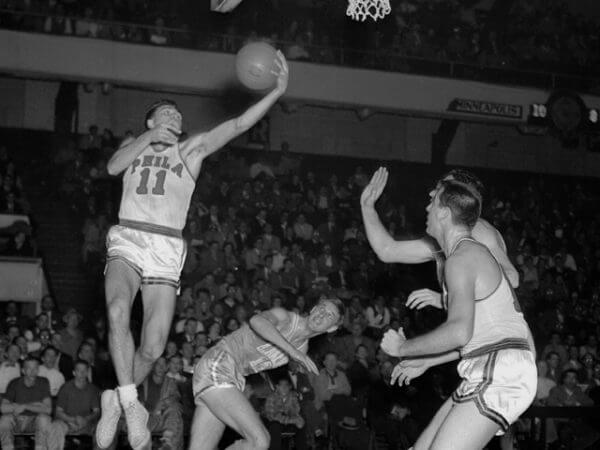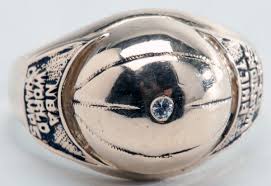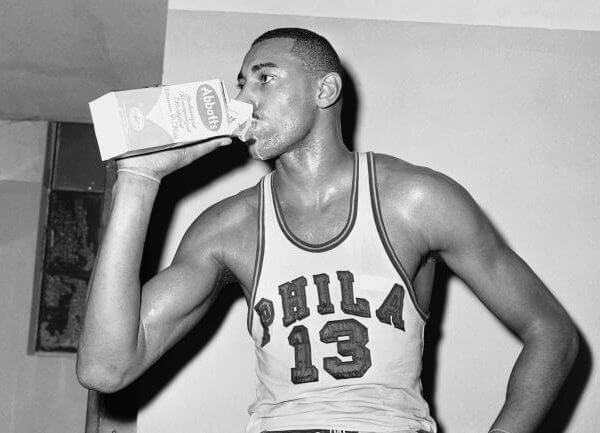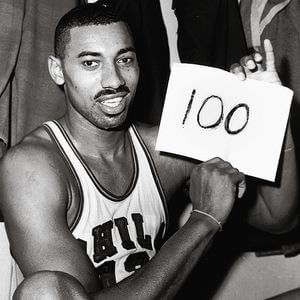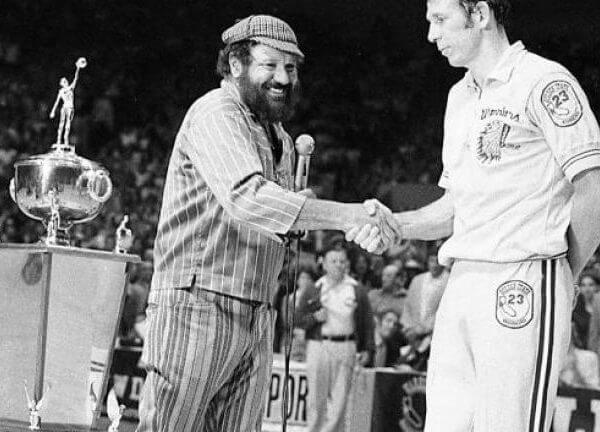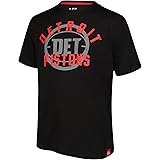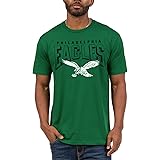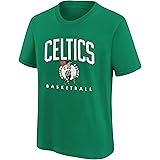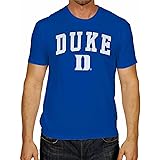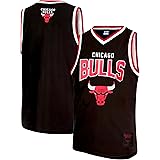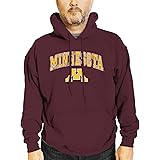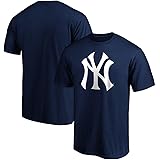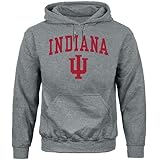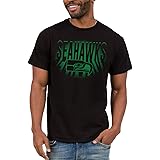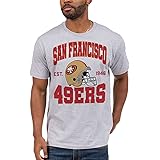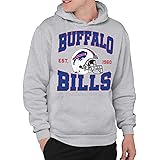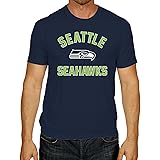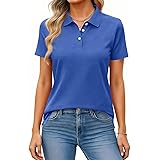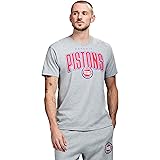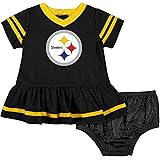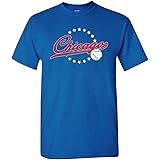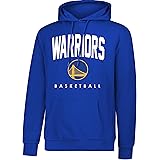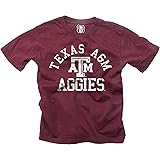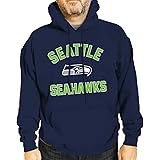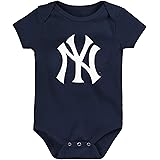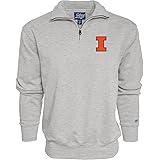The Philadelphia Warriors history dates back to 1946 as one of the NBA’s founding franchises. Known for pioneering success, the team quickly became a powerhouse. With legends like Joe Fulks and Paul Arizin, Philadelphia Warriors basketball helped shape the modern NBA and laid the foundation for the franchise’s future success in California.
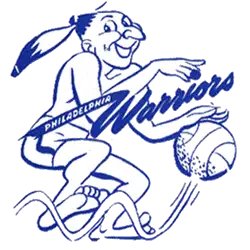
Established
1946
City
Philadelphia – San Francisco – Oakland - San Francisco
League History
1949 – Present / National Basketball Association
1946 – 1949 / Basketball Association of America
Team History
1971 – Present / Golden State Warriors
1962 – 1971 / San Francisco Warriors
1946 – 1962 / Philadelphia Warriors
Nickname
Warriors – As one of the oldest and most storied franchises in the NBA, it's no surprise that the Philadelphia Warriors have a rich history behind their nickname. The team was founded in 1946 by Eddie Gottlieb and Harry Litwack as part of the Basketball Association of America (BAA). At first, they were known simply as "Philadelphia." Still, when they joined forces with another BAA team to form what is now known as the National Basketball Association (NBA), they took on a new name: The Philadelphia Warriors.
Philadelphia Warriors Origin
So where did this unique moniker come from? It turns out that there are two theories about how it originated - both involving World War II veterans. According to some accounts, Gottlieb wanted to honor those who had served in battle by naming his franchise after them - thus leading him to choose "Warriors." Others suggest that Litwack chose this name because he had served during WWII and felt strongly about honoring those who fought for our country's freedom.
No matter which story is true, one thing remains certain: The Philadelphia Warriors have proudly represented their city since 1946! They've seen many successes over these past seven decades, including three championships-notably winning back-to-back titles in 1947 & 1948 under coach Eddie Gottlieb himself! As we look forward to an exciting future for basketball fans everywhere, let us never forget how far we've come thanks to organizations like ours here at home—the proud warriors from Philly!
Championship
NBA Championships 1
2018, 2017, 2015, 1975, 1956
Basketball Association of America Championship 1
1947
Arena
2020 - Present / Chase Center
*Oakland*
2006 – 2019 / Oracle Arena
2005 – 2006 / Oakland Arena
1997 – 2005 / The Arena in Oakland
1971 – 1996 / Oakland-Alameda County Coliseum Arena
*San Francisco*
1966 – 1971 / Cow Palace
1964 – 1966 / San Francisco Civic Auditorium & USF War Memorial Gymnasium
1962 – 1964 / Cow Palace
*Philadelphia*
1952 – 1962 / Philadelphia Convention Hall
1946 – 1962 / Philadelphia Arena
Owner
2010 – Present / Peter Guber and Joe Lacob
1995 – 2010 / Chris Cohan
1986 – 1995 / Jim Fitzgerald
1962 – 1986 / Franklin Mieuli
1952 – 1962 / Eddie Gottlieb
1946 – 1952 / Pete Tyrell
- 1946
- 1955
- 1959
- 1962
- 1962
-
Philadelphia Warriors Team Formation
The Warriors were founded in 1946 as the Philadelphia Warriors, a charter member of the Basketball Association of America. They were owned by Peter A. Tyrrell, who also owned the Philadelphia Rockets of the American Hockey League. -
NBA Finals Winner
The 1955 – 1956 NBA season was the tenth season of the National Basketball Association. The season ended with the Philadelphia Warriors winning the NBA Championship, beating the Fort Wayne Pistons 4 games to 1 in the NBA Finals. -
Signed Wilt Chamberlain
In 1959, the team signed draft pick Wilt Chamberlain. Known as “Wilt the Stilt”, he led the team in scoring six times, quickly began shattering NBA scoring records, and changed the NBA style of play forever. On March 2, 1962, in a Warrior “home” game played on a neutral court in Hershey, Pennsylvania, Chamberlain scored 100 points against the New ... -
100 Point Game – Wilt Chamberlain
Wilt Chamberlain set the single-game scoring record in the National Basketball Association (NBA) by scoring 100 points for the Philadelphia Warriors in a 169–147 win over the New York Knicks on March 2, 1962, at Hershey Sports Arena in Hershey, Pennsylvania. It is widely considered one of the greatest records in basketball. Chamberlain set five other league records that game ... -
Mieuli Moves to SF
In 1962, Franklin Mieuli purchased the majority shares of the team and relocated the franchise to the San Francisco Bay Area, renaming them the San Francisco Warriors.
To qualify as the greatest player for this team, the player must have played one season for this team. If not, we will remove the player.
* verifies that player has played for this team as an added player by a fan.
Philadelphia Warriors History
The Philadelphia Warriors history begins in 1946 when the team joined the Basketball Association of America (BAA), a league that later merged into the NBA. Known today as the Golden State Warriors, the franchise quickly made its mark in professional basketball. The early years of Philadelphia Warriors basketball featured star players like Joe Fulks, who led the league in scoring, and Neil Johnston, both Hall of Famers who helped build the team’s winning tradition.
During the first seasons of the Philadelphia Warriors history, the team claimed the inaugural BAA championship in 1947 and returned to the Finals in 1948. They became one of the league’s most competitive franchises with several playoff appearances in the 1950s. The franchise later added Wilt Chamberlain in 1959, a transformative player who scored 100 points in a single game while wearing a Philadelphia jersey — a record that still stands.
In 1962, the team relocated to San Francisco and eventually became the Golden State Warriors, but the legacy of the Philadelphia Warriors basketball era remained strong. The franchise returned briefly to Philadelphia during the 1963–64 season before moving permanently to California. This move marked the end of the Philadelphia Warriors history but established the foundation for future success under a new name.
Warriors Achievements
The Philadelphia Warriors history includes major achievements such as winning the first BAA championship in 1947, a second title in 1956, and producing iconic Hall of Famers like Paul Arizin, Tom Gola, and Wilt Chamberlain. Their innovative playing style helped shape modern basketball. Today’s Golden State Warriors dynasty, led by Stephen Curry, can trace its roots to the success and tradition built during the Philadelphia Warriors basketball years.
Sports Fan Products
Retired Number
13 / Wilt Chamberlain
14 / Tom Meschery
16 / Al Attles
17 / Chris Mullin
24 / Rick Barry
42 / Nate Thurmond
*Blue is this team’s history

